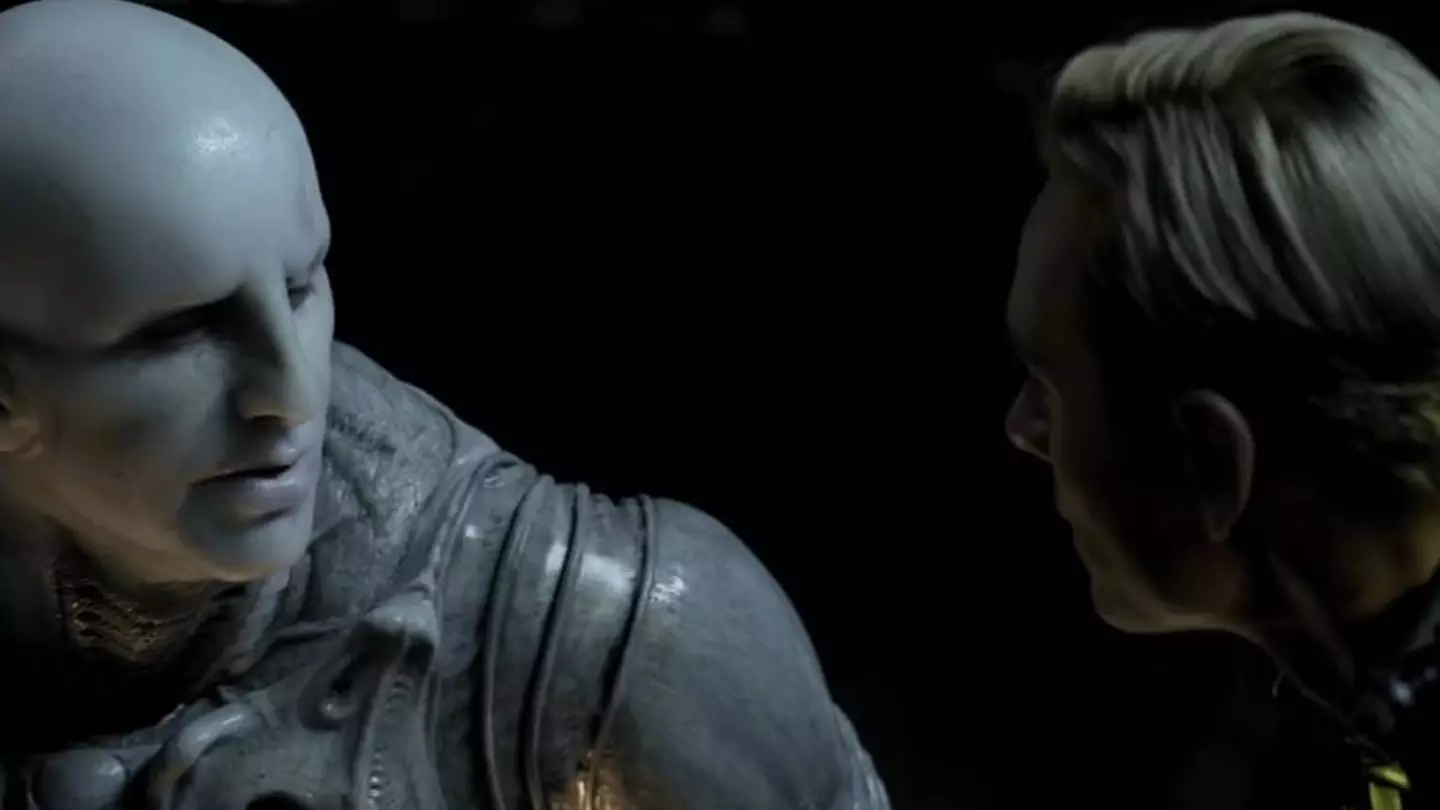
There are enough movies about angry aliens out there to give us nightmares, and while Ridley Scott's Alien still makes some people's blood run cold, the likes of Independence Day, Mars Attacks!, and Life have shown that not everyone from the stars is as adorable as E.T.
As scientists continue to explore space, the question of whether there's life out there in the cosmos continues to be one that evades us.
While one astronaut claims the sheer size of the universe is stopping us from contacting alien lifeforms, others think we killed off alien life on Mars years ago. We could sit here all day writing about Area 51 conspiracy theories, but ultimately, there's no concrete evidence that aliens actually exist.
Oxford University's Tim Coulson says we could keep searching for aliens, but with some scientists warning that a 'hostile alien threat' could be here within a matter of months, we might not like what we find. After all, haven't you seen War of the Worlds?
Advert
If aliens eventually make contact with us, there's already speculation about how the first few weeks would send the human race into chaos, and that's before even covering the idea that aliens could wipe us out.

With the interstellar object known as 3I/ATLAS hurtling toward our solar system at 140,000 mph, NASA's quick assessment that it's a comet is leaving skeptics unconvinced. Alongside fears that it's an alien craft with potentially aggressive intentions, concerned Earthlings want a more concrete window on when contact could be made.
In an interview with WBZ-TV, astrophysicist Avi Loeb reiterated that she shouldn't rule anything out when it comes to the origins and makeup of 3I/ATLAS: "We should put all possibilities on the table that it's a rock, a comet, or something else until we get the evidence, the data that will tell us what it is."
In terms of what date to mark in our diaries, he suggested October 29 is the big day the object will pass closest to the Sun.
Expanding on what he thinks is going on with this 'intelligently’ directed craft, Loeb continued: "I think that when we have a blind date from a visitor from another star, all bets are off. We shouldn't assume anything, and we should assess the risk given the data that we have."
Suggesting we should use something to how earthquakes are measured on the Richter scale, Loeb mused: "Zero would be a natural object like a comet. Ten would be an object that maneuvers as if it has an engine that is definitely technological, and then there should be some policymakers deciding how to respond to that."
As for chances that we aren't alone on this spinning rock, Loeb concluded: "We see a lot of houses on the cosmic street that look just like ours, analogs of the Earth's sun system. And I think it's very arrogant of us to assume that they don't have residents."
NASA might be telling us that 3I/ATLAS will happily pass us by without any note, but then again, you wouldn't want to cause a panic.